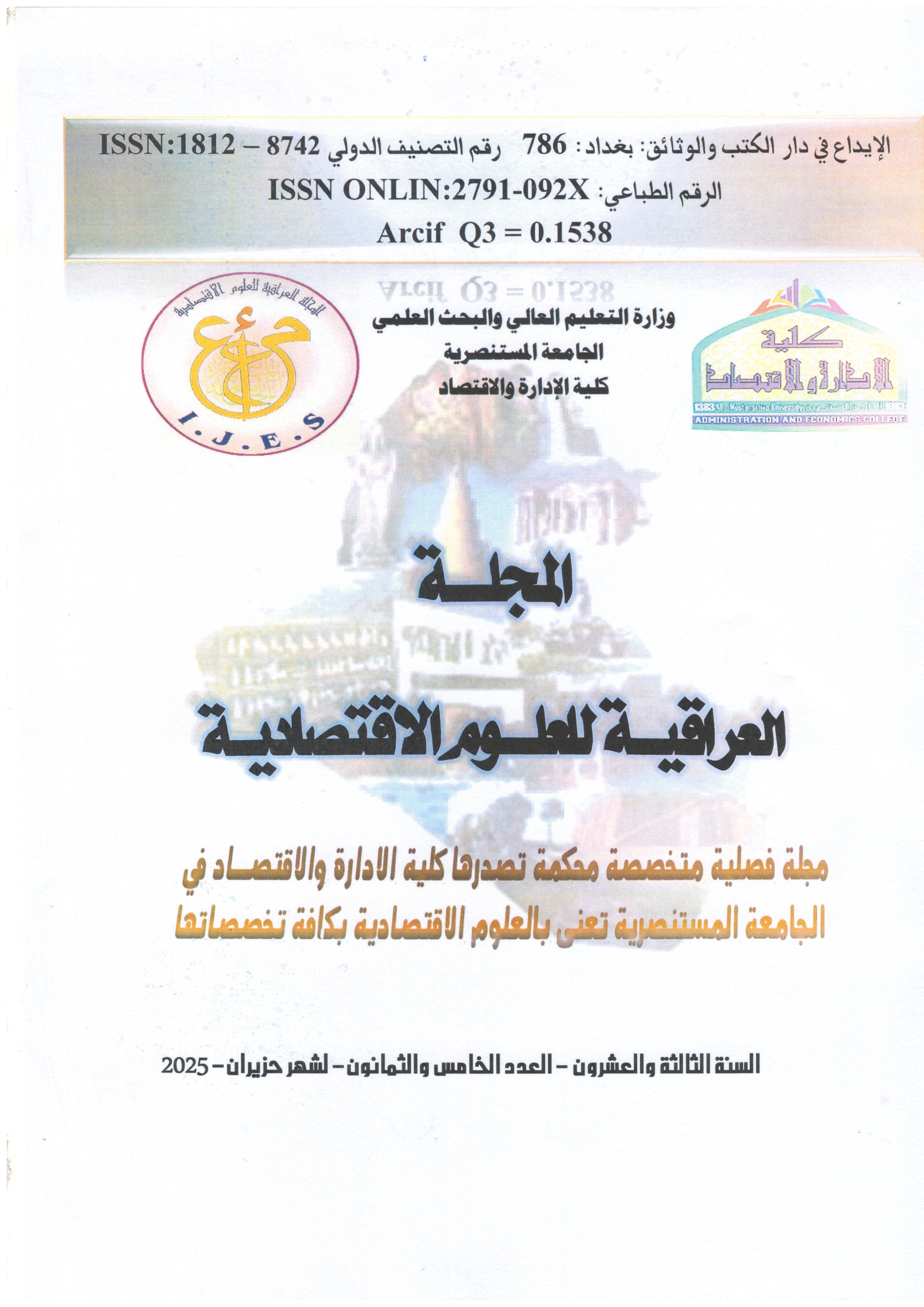The Role of Strategic Momentum in Reducing Strategic Risks: An Analytical Study in the Planning Directorate - Ministry of Defense
DOI:
https://doi.org/10.31272/eentg069Keywords:
Strategic Intelligence for Leaders، strategic risks، planning directorate.Abstract
In this study, we aim to identify the correlation and influence between leaders' strategic intelligence as an independent variable and strategic risks as a dependent variable in their dimensions, represented by (strategic risks of documents and information, strategic risks of human resources, and strategic risks of organizational culture). The descriptive-analytical approach was adopted as a validated scientific method for analyzing and interpreting the study data. The questionnaire served as the measurement tool for collecting data and information, and included 21 items distributed to the study sample of 60 individuals as a purposive sample representing senior and middle leadership in the Planning Directorate. Of these, 53 questionnaires were valid for analysis. A set of approved statistical methods was used to analyze the data. These included (arithmetic mean, split-half, coefficient of variation, standard deviation, Cronbach's alpha coefficient, factor analysis, skewness and kurtosis test, confirmatory factor analysis, Pearson correlation coefficient, coefficient of determination (R2), Z-test, t-test coefficient, F-test coefficient, and multiple regression analysis). Using some ready-made statistical programs (SPSS V.28, AMOS V.26, Microsoft Excel V.2010), the researchers reached a set of results, the most prominent of which was the presence of an impact of leaders' strategic intelligence on strategic risks in all their dimensions.






